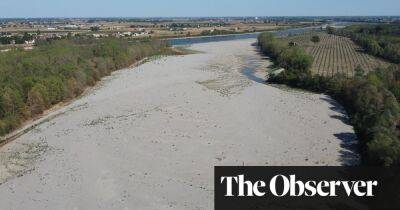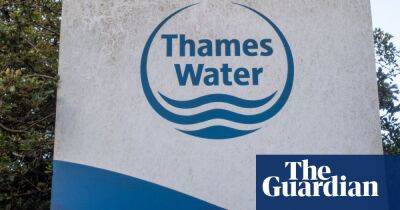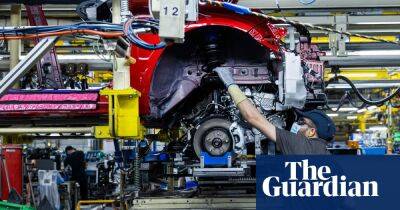The Guardian view on the UK economy: what an almighty mess
What an almighty mess the British economy is in. To quote just a few of the stories from this week alone: inflation surged on Wednesday to a fresh 40-year high, and the Bank of England governor, Andrew Bailey, warned that it faced its “largest challenge” in keeping prices under control, and interest rates could rise next month by half a percentage point. Meanwhile, economists at UBS Investment Bank believe 99% of British workers are getting worse off, their pay not keeping pace with the price of food, energy and petrol.
The seriousness of this moment cannot be overstated. By the end of August, the energy watchdog Ofgem will set its new price cap for fuel bills. On current market trends, it is likely to push the yearly limit for the average household energy bill to a whopping £3,244. That is a 65% rise on the current cap, so a family paying £100 a month will pay £165. Market analysts believe it could easily keep rising into the new year. This will more than swallow up the government’s planned energy grant of £400. And where energy prices go, so too do food prices and the cost of other goods and services. For a government that has spent most of this year in crisis management and that will emerge in September with a new prime minister and cabinet, dealing with a policy agenda so urgent and all-encompassing will be as overwhelming as bailing out a dinghy in a hurricane. The most likely outcome must be that it will sink.
Away from Westminster, an unprecedented number of households will spend this winter choosing between freezing and starving. Many more will have no choice but to cut back on refilling the car, and buying items of school uniform or nappies. The personal-finance expert Martin Lewis is not indulging in hyperbole
Read more on theguardian.com




![Ethereum [ETH]: Read this before you decide to cash in on that FOMO](https://finance-news.co/storage/thumbs_400/img/2022/8/14/37093_enfjc.jpg)

















